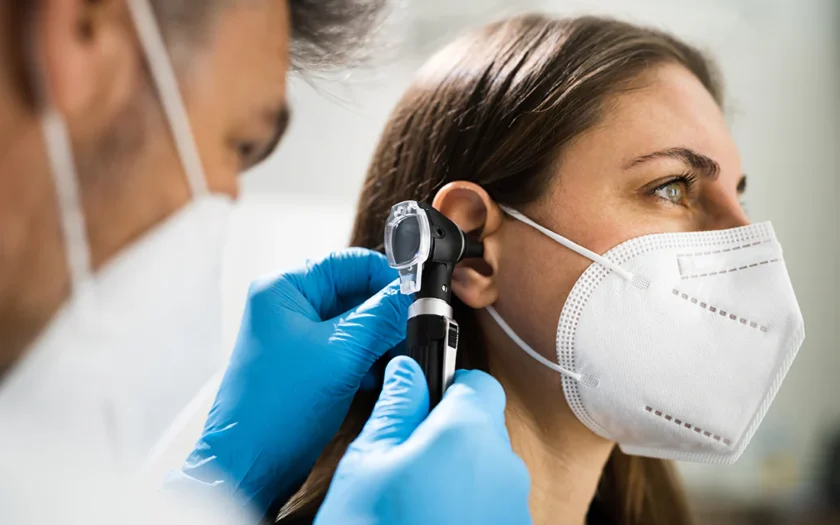There is ongoing research into the effects of anesthesia on brain development, particularly in young children. Some studies suggest that repeated or prolonged exposure to anesthesia during critical periods of brain development may impact cognitive function and behavior. This is especially a concern for infants and young children, whose brains are still developing. However, while there is evidence of potential risks, the overall risk for most children undergoing anesthesia for surgery or medical procedures is low.
Anesthesia is typically administered in a controlled environment, and medical professionals carefully choose the type and dosage based on the individual needs of the patient to minimize any possible risks. If you have concerns about the potential effects of anesthesia, it’s important to discuss them with your healthcare provider, who can provide guidance based on the latest research and your child’s specific health situation.
Is Anesthesia Safe for Young Children?
Some children who need surgery or certain medical procedures may require general anesthesia, which puts them into a deep sleep so they don’t feel pain or move during the procedure. Understandably, parents like Matthew may be concerned about the potential impact of anesthesia on brain development.
For most children, a single short-term use of general anesthesia is considered safe and unlikely to cause harm. However, research suggests that in children younger than 3 years old, repeated exposure to general anesthesia or exposure for longer than 3 hours may affect brain development. Similarly, anesthesia administered during the third trimester of pregnancy could also impact a baby’s brain development.
What Should Parents Do?
If your child is under 3 years old and requires surgery involving general anesthesia, it’s important to discuss the following with the surgeon:
- Risks to brain development: Understand the potential risks of anesthesia for your child’s age group.
- Timing of surgery: Ask if it’s possible or safer to delay the surgery until the child is older.
- Duration of the procedure: Inquire about how long the surgery will take and if additional surgeries may be needed.
For pregnant women in their third trimester who need general anesthesia, it’s essential to consult with the health care provider about any possible risks to the baby’s development.
Conclusion
While general anesthesia is generally safe for children, especially for short procedures, it’s always wise to have an informed conversation with your child’s surgeon. They can help address any concerns and guide you through the best course of action for your child’s health and safety.



